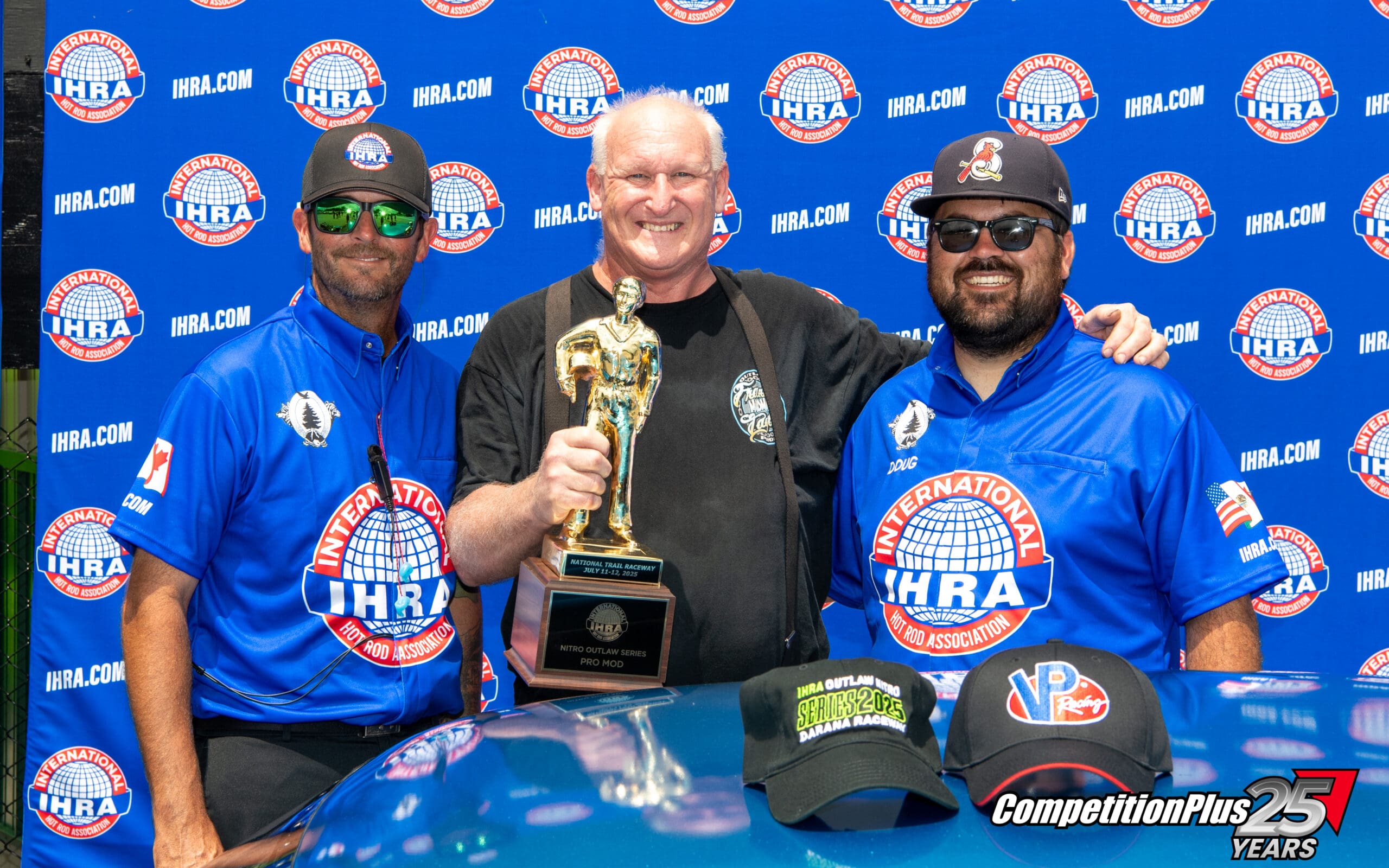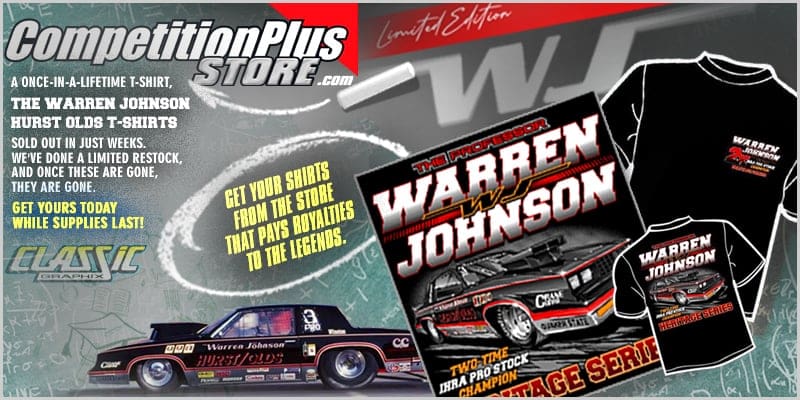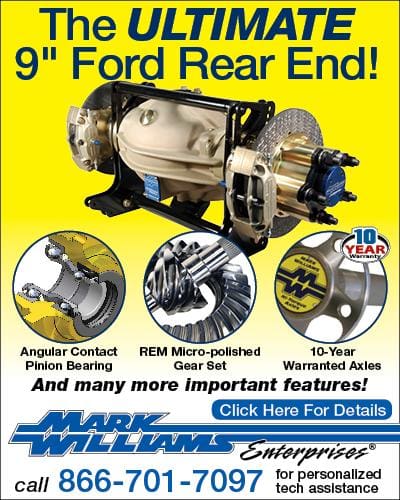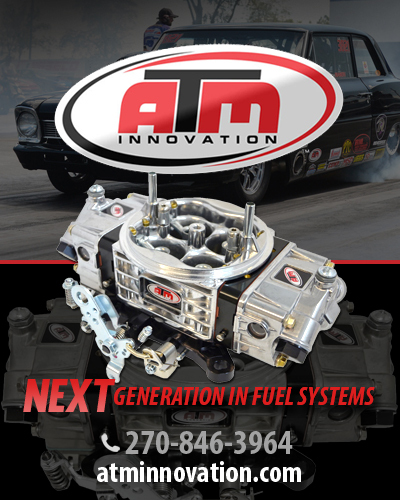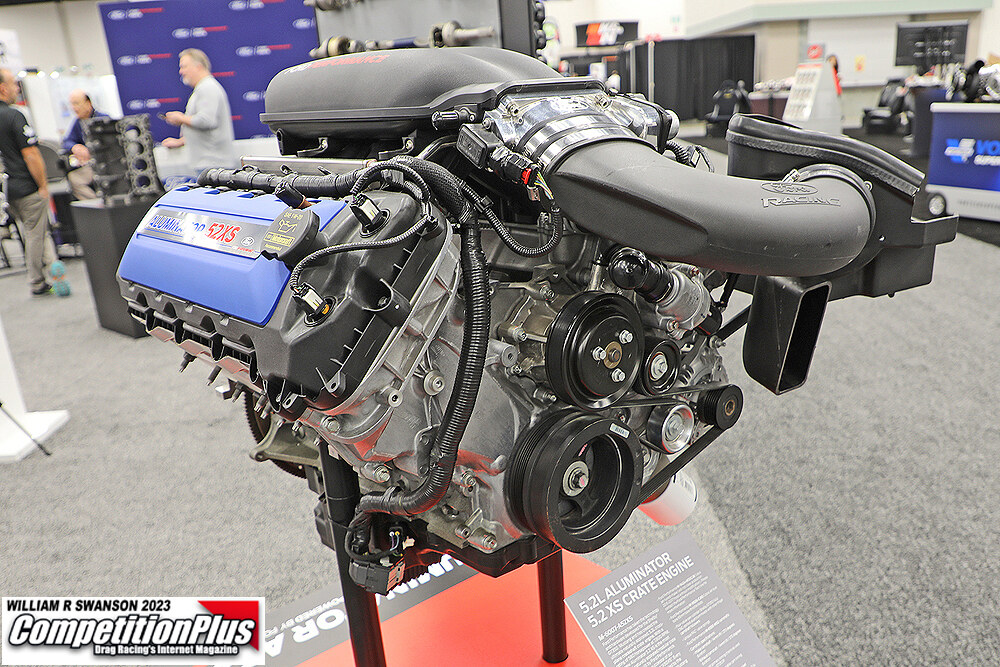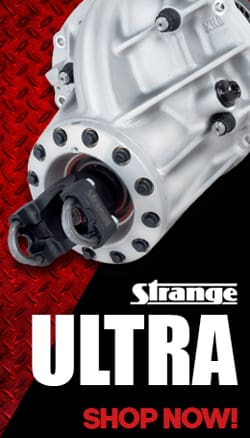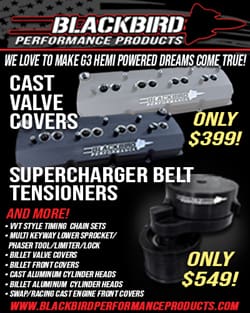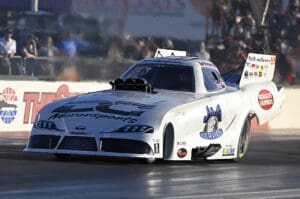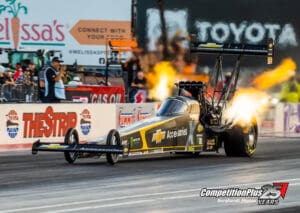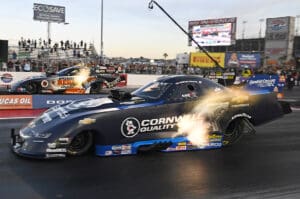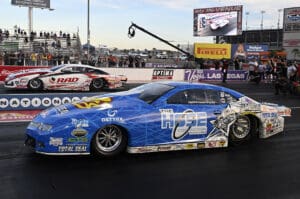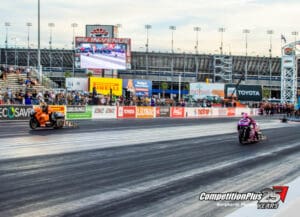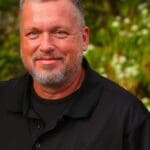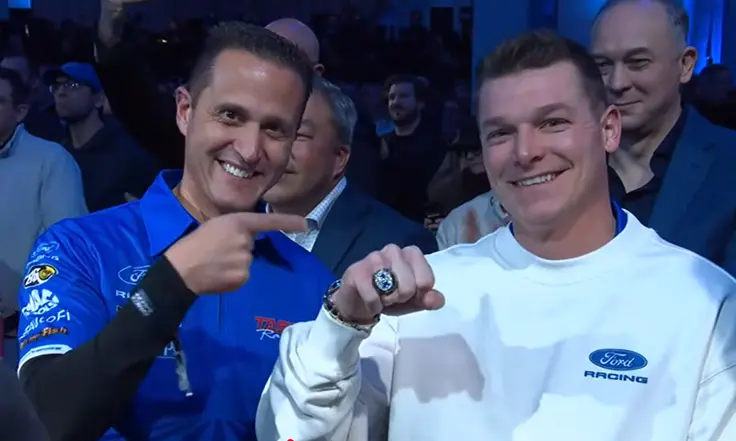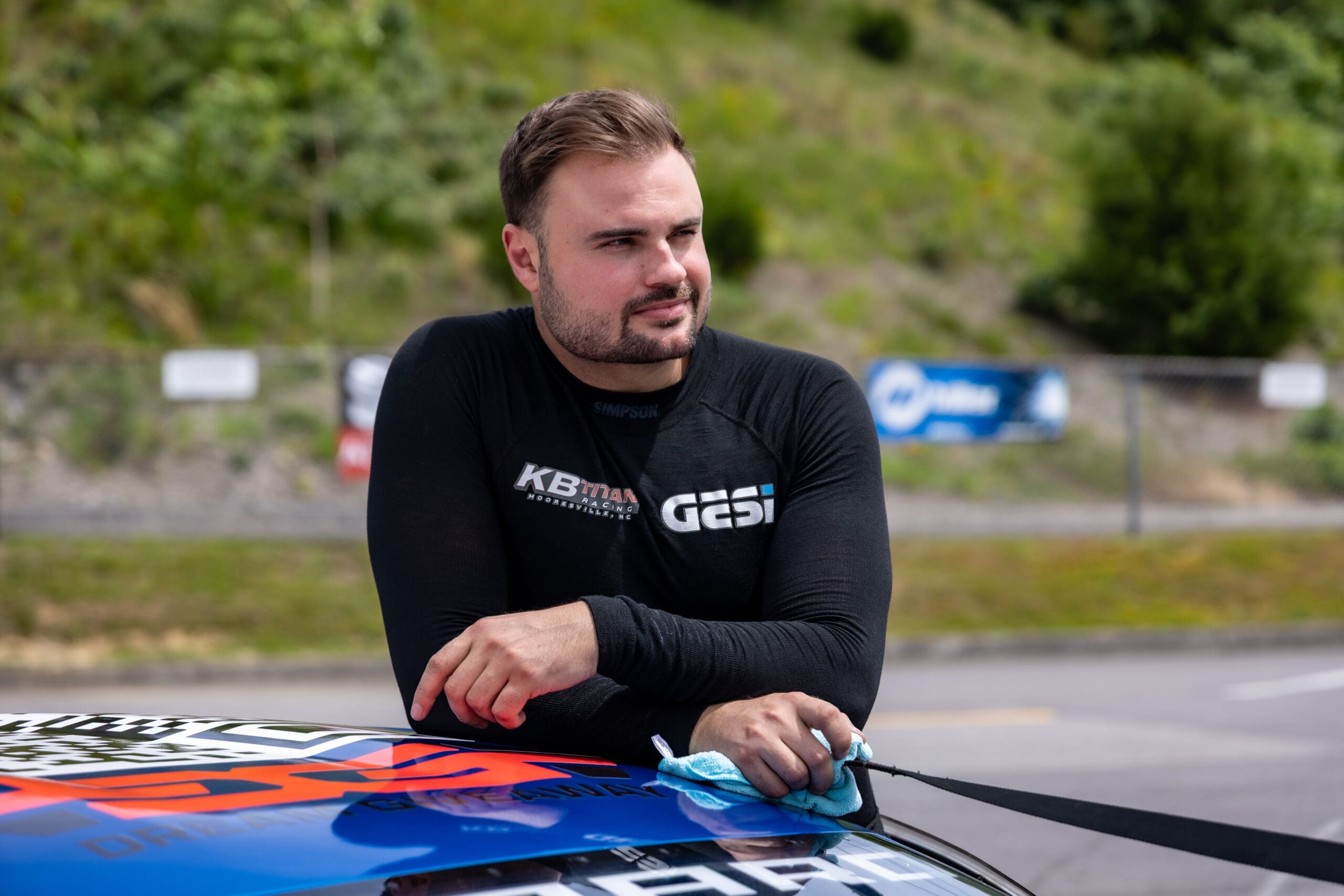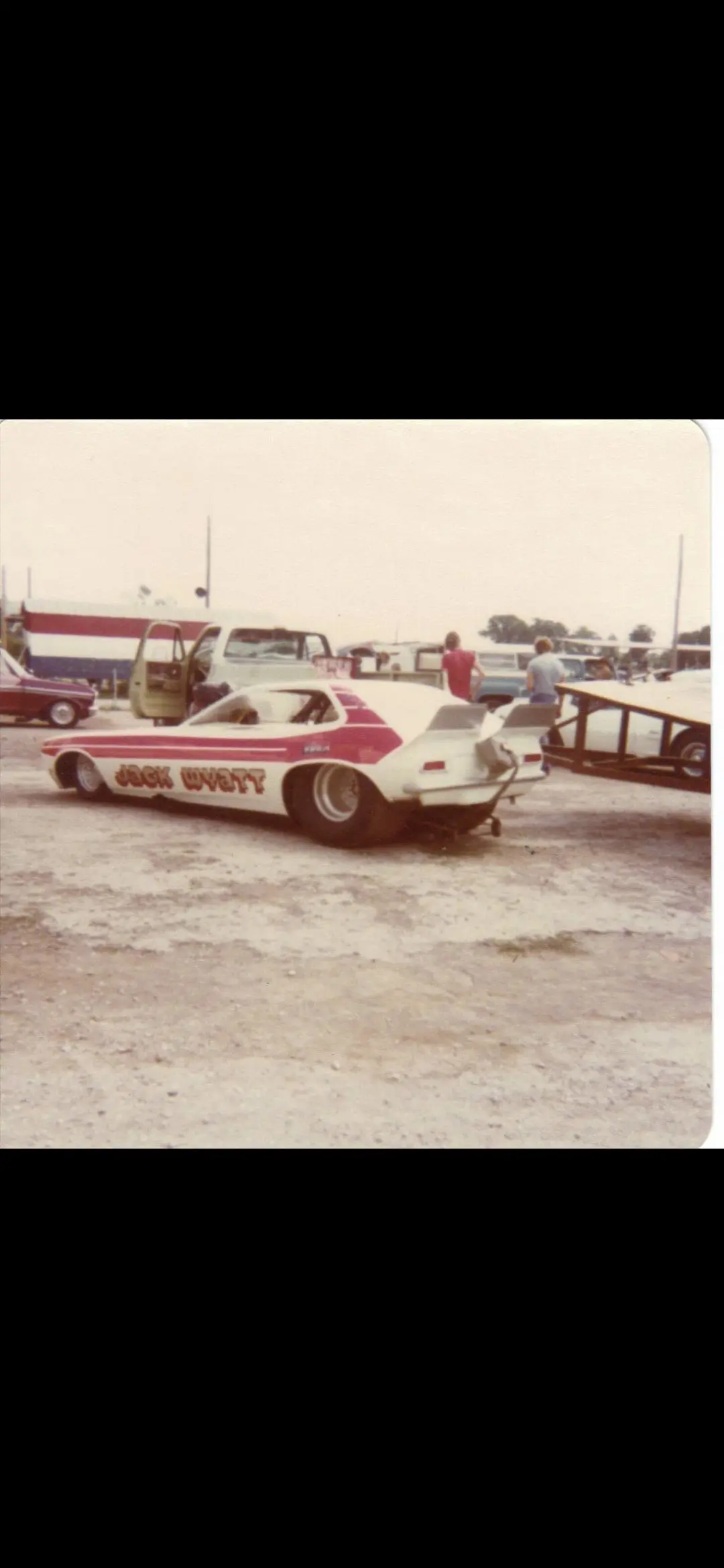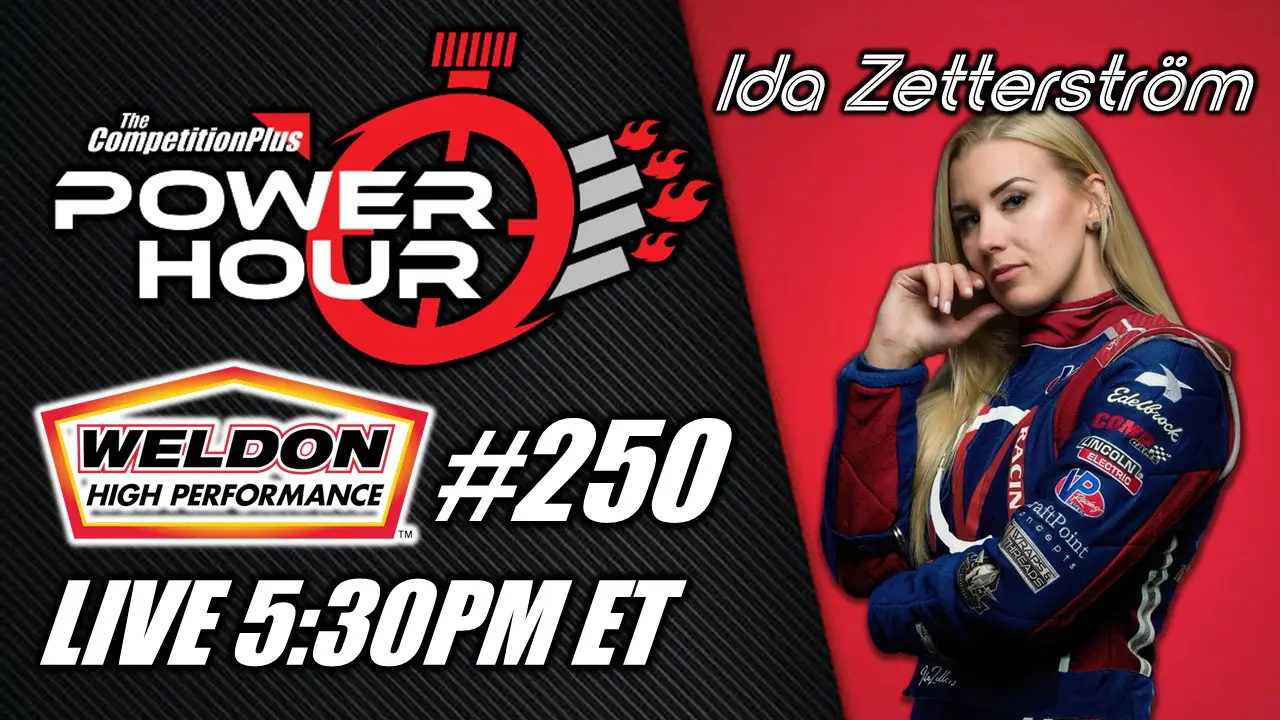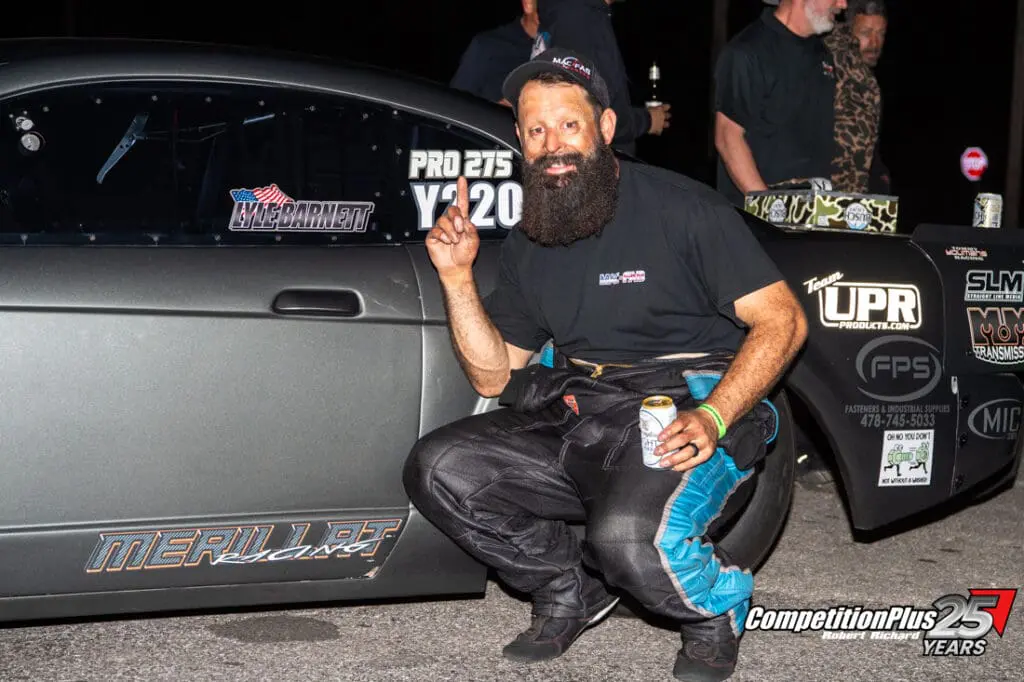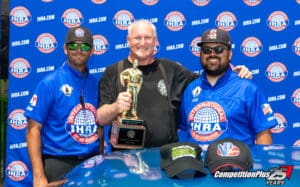When Josh Peake and Doug Foley Jr. stepped into leadership roles at the International Hot Rod Association, neither expected to run a major sanctioning body. But both say their deep ties to the sport and willingness to work in the trenches uniquely position them to guide the IHRA’s next chapter.
Peake became IHRA president in April after a managerial shakeup, rising from starting-line official to executive office in what he called a humbling journey. “It’s funny, I texted with a friend of mine that was around with us at IHRA forever, and the first race I ever worked as an official getting paid was, I was like 16 years old,” Peake said.
He recalled his first paid event, a Super Chevy show at Bristol, and the full-circle moment of now leading the association. “It was funny, he made a comment ‘from the water box to the president,’” Peake said. “It’s definitely an honor.”
Peake said his experience working trackside has prepared him better than a purely business background could. “I’m not really sure how qualified I am, but I definitely think it means a lot to be very diverse in what you can know and work in different areas,” he said.
Asked if he preferred making tough calls on race day or addressing the public, Peake was blunt. “I don’t really like talking on the microphone, so I’d rather make a tough decision on the racetrack,” he said.
Peake summed up his leadership style as doing whatever the moment demands. “A lot of times you do what you got to do,” he said. “And I’m just glad that I’m able to do it because we had some things going on earlier this week, and it goes back to just being able to step up or move over to do whatever it takes to get it done.”
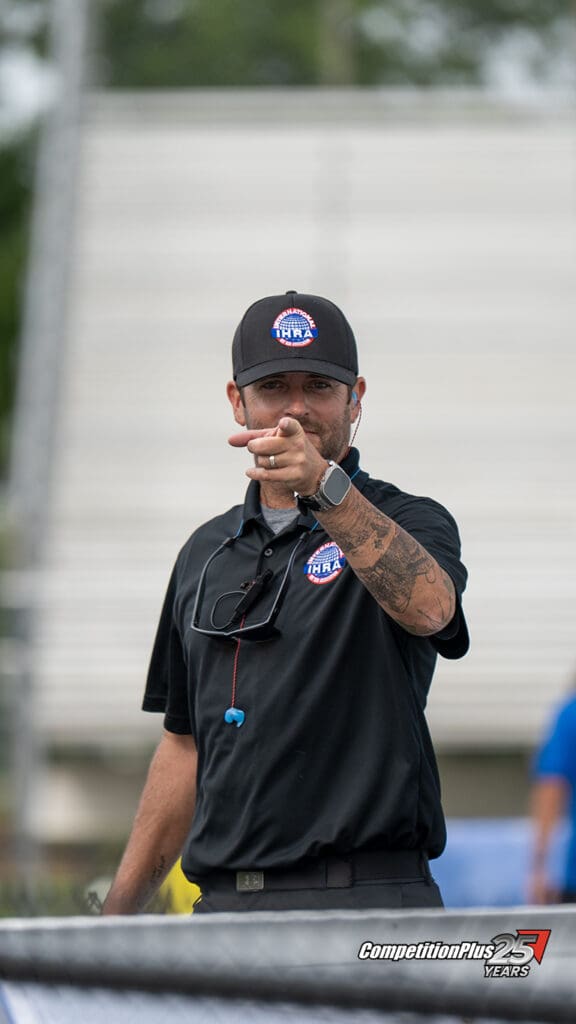
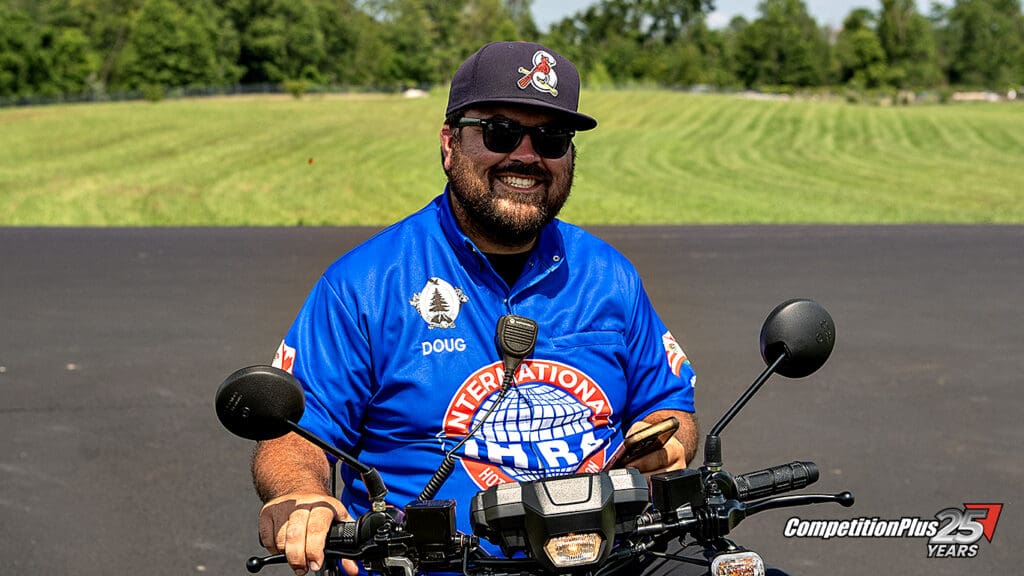
Foley, serving as IHRA’s executive race director, echoed Peake’s grassroots ethos. “This is my third year with IHRA, so it’s not my first rodeo,” Foley said. “I ran Motor Mile for a little while, so I’ve been on the business side of this … I like racing a whole lot, but working at the race track and getting paid to show up and do some cool stuff, it’s better than paying.”
Foley acknowledged the unique dynamic of officiating while his father, Doug Foley Sr., competed at the same event. “I think I’ve seen him twice since he’s been here in two days,” he said. “So there’s just so much going on that you don’t get to spend any time with him anyways, so it’s all good.”
Watching his father compete at an event he helps oversee still carries meaning for Foley. “I love seeing him, love hanging out with my family,” he said. “But it’s definitely different, that’s for sure. Obviously this being the first race we’re having, watching my dad go down the track at an event that we’re running is going to be pretty special.”
Both Peake and Foley emphasized that their success would depend less on titles and resumes and more on effort and determination. “Honored is an understatement,” Foley said. “We might not be the most qualified, I guess, but we’re going to outwork anybody out there, and we’ve got a lot of drive in this.”
Foley added that he and Peake see themselves staying in these roles long-term. “This is something that we want to do for a long, long time, so we’re looking forward to it,” he said.
The pair has fostered a culture of leading by example as the IHRA works to reestablish itself on the national stage. Their philosophy mirrors the series’ early days, when officials were as comfortable getting their hands dirty as making executive decisions.
Under Darryl Cuttell’s ownership, the IHRA is rebuilding with a full national series, prioritizing accessibility and authenticity. Peake and Foley said that requires being visible, engaged and accountable to racers and fans alike.
For now, both men said they are focused on the season ahead and ready to tackle the challenges that come with it. As Peake put it, “You just do what you’ve got to do.”





